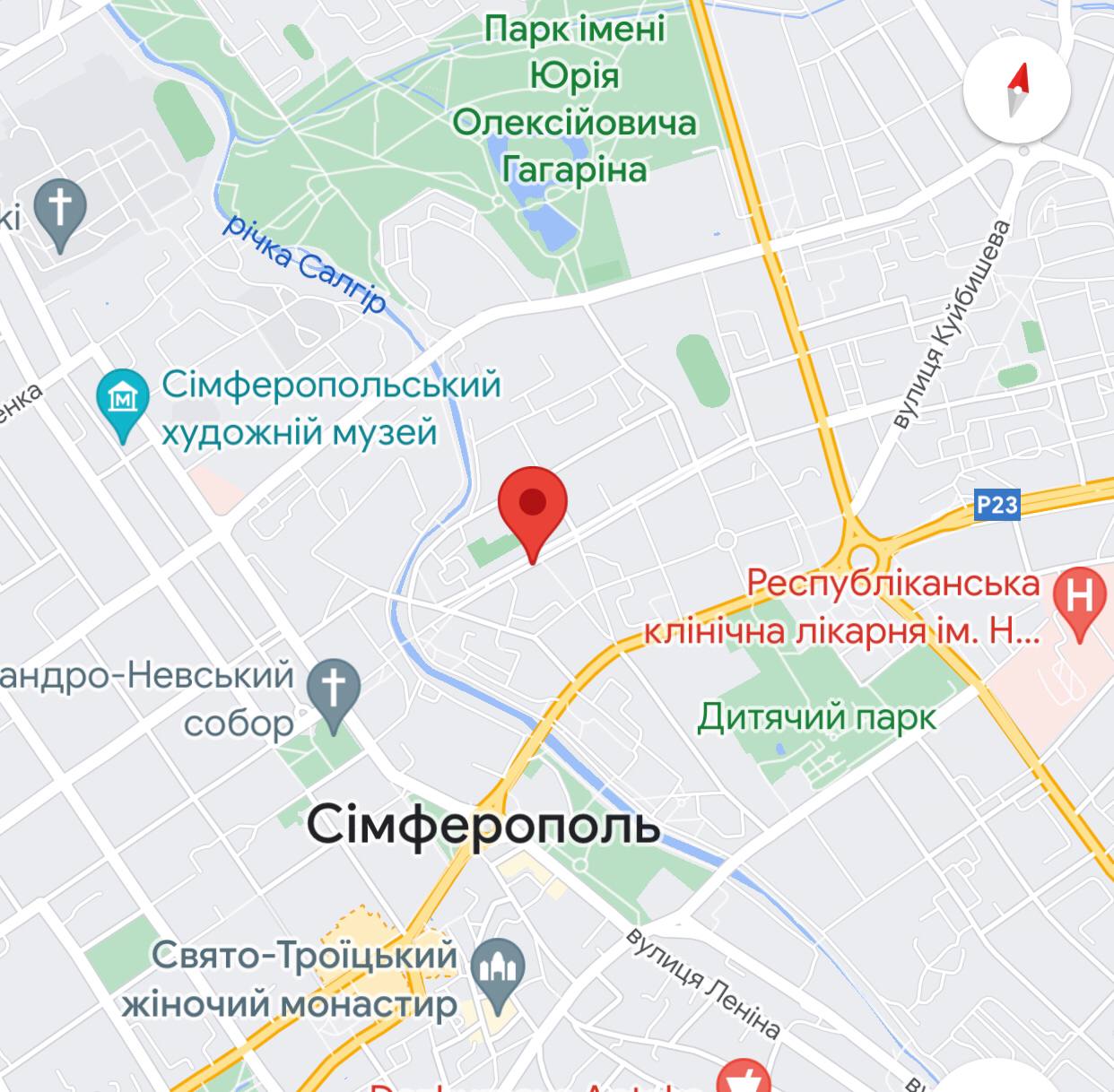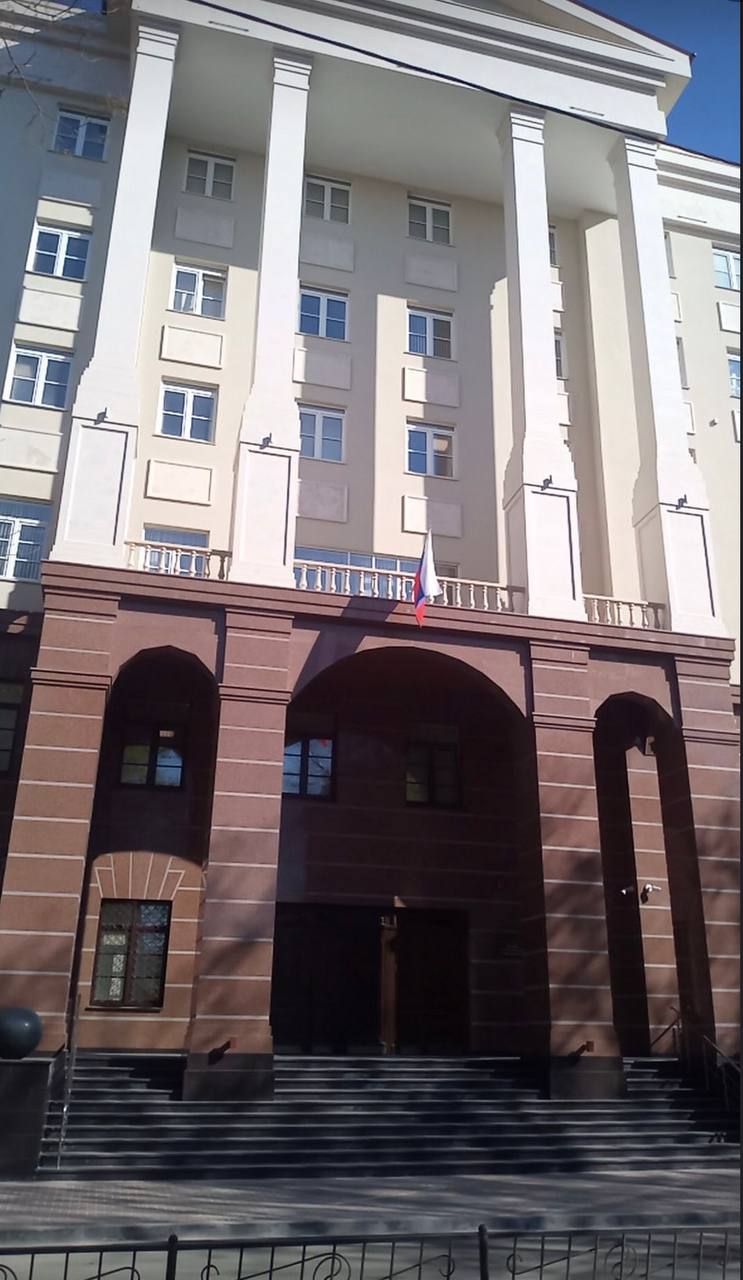On July 23, 19-year-old Appaz Kurtamet left Novooleksiivka for Crimea. That day, the line at the "Chongar" checkpoint was short. A day after the disappearance of Appaz Kurtamet, his mother received a call from an unknown number.
On July 23, 19-year-old Appaz Kurtamet left Novooleksiivka for Crimea. That day, the line at the Chongar checkpoint was short. People spent just about 2 hours in it. The connection with Appaz disappeared during the crossing of the border, and we still know nothing about the guy for more than a month. A day after the disappearance of Appaz Kurtamet, his mother received a call from an unknown number. Ayshe Kurtamet heard only one phrase:
- Your son has serious problems.
Without giving any details, the stranger ended the conversation.
The mother received an informative reply from the border service of the FSB (the Federal Security Service of Russia): "Appaz Kurtamet crossed the "border".
A day after the stranger's call on July 25, Ayshe noticed that Appaz's profile was blinking "online" in all the social networks. She begged her son to answer to say something. The messages have been read. But there was no answer.
The “online performance” of the occupants who kidnapped the son was repeated two more times: they visited Appaz's pages on August 15 and 25.
Through relatives in Crimea, Appaz's family sent requests to the occupation police and pre-trial detention center. They answered that they do not have a person with such a name and surname.
Relatives found a way to track the location of the guy, or at least his phone.
The sim-chip is physically located on Ivan Franko Boulevard in Akmesjit (Simferopol). Until 2014, this building belonged to the main Crimean office of the SBU (the Security Service of Ukraine). After the annexation of the peninsula, they changed the signboard to the FSB, and 80% of the servicemen betrayed their oath and joined the side of the enemy. The traitors are particularly zealous in their repression of Crimean Tatars and pro-Ukrainian residents of Crimea.

Appaz's mother wrote about her son in the chats of Telegram channels, where people exchange information about trips to Crimea.
Through one of these chats, she was contacted by a woman whose son had experienced a similar story. She assumed that Appaz was in a filtration camp.
This term is what Russians call modern concentration camps that appeared in Crimea immediately after the occupation. People who find themselves in such a place say that they "got into the basement."
UA SOUTH correspondent learned the details of imprisonment in one of these camps. The prisoners live two in a room without windows. They are not allowed to go anywhere, and their phones and watches are confiscated. People lose track of time in the dark. They take you to the toilet with a bag on your head and hold your hands. Every few days or weeks, Russian Chekists take a person to a separate room and turn on his cell phone. This is a hunt for information. If the prisoner got some messages, he is connected to a polygraph and the interrogation begins.

The building of the Russian FSB in Crimea
The information about such treatment of inmates of the filtration camps was confirmed by another resident of Akmesjit (Simferopol), who spent about a month "in the basement", and when he was released, he realized that he was being held in the FSB building on Ivan Franko Boulevard.
Before his disappearance, Appaz Kurtamet worked in an IT company and taught the Crimean Tatar language in the Odesa cultural center. He turned 20 on August 19.
Aishe congratulated her son with the hope that he was reading her message. There is still no answer from Appaz.